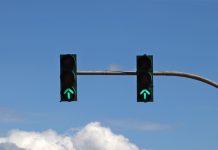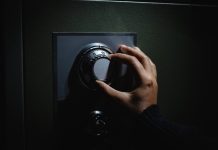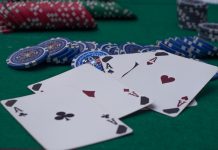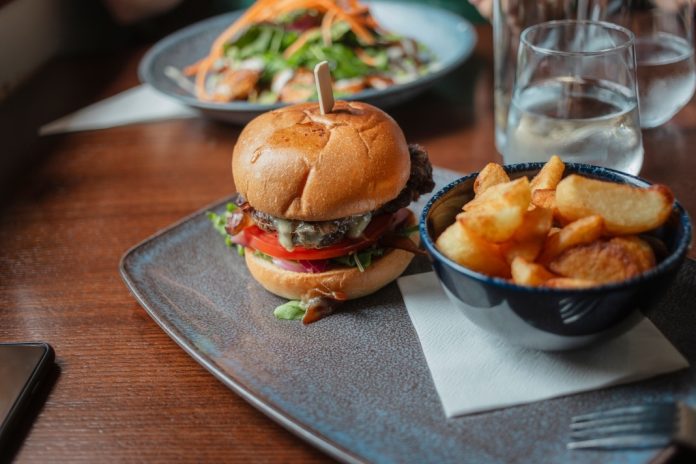A UK gambling tax increase will not only impact industry operators, but also the hospitality industry, which utilises fruit slot machines as a source of revenue.
The Founder of British pub chain JD Wetherspoon, Sir Tim Martin, has told The Times that the speculated increase on machine gaming duty (MGD) from 20% to 50% would raise concerns for the hospitality industry.
The Institute for Public Policy Research (IPPR) published the 50% figure for MGD is part of its report, which also included online slots tax rising to 50%, general betting duty levied on bookmakers increasing to 25% and general betting duty rates and horse racing betting levy board rates should stay at 15% and 10%.
The think tank’s proposal has been backed by the former UK Prime Minister Gordon Brown as a way to combat child poverty.
It is widely expected that Chancellor Rachel Reeves will feature a tax increase on UK gambling when the Labour government announces its autumn budget on 26 November, but the figures for which duties will be increased remain to be seen.
According to The Times, if MGD is increased by the IPPR figures, Wetherspoons’ gambling duty bill would rise from approximately £27.5m to £45.7m for the year just gone. Martin stated that, based on its current gambling revenues, the chain’s total post-tax profits would decline by 48%.
Despite an 11% year-over-year uptick in 2024 for Wetherspoons’ fruit machine revenues, Martin claimed that they contribute a lower sales percentage than in the past.
Paying fair share already
Plenty stakeholders in the gambling industry have voiced their concerns about a gambling tax increase. Rank Group Chief Executive John O’Reilly said as part of the company’s first quarter of 2025/26 trading update (1 July to 30 September) last month that the group is paying its “fair share” in tax.
The Chief Executive expressed optimism for the financial year ahead and noted that the operator has been in conversation about the rumoured tax hike and its potential implications on its operations with the Treasury.
O’Reilly said: “Speculation regarding tax changes in the upcoming budget is, inevitably, hanging over the business. We are engaged with the Treasury on the implications of tax changes on the viability of our venues, employment levels, future investment and the customer.
“Last year the group generated £44.6m in profit after tax, having paid HMRC and local authorities £188m in taxes. The Rank Group, with its strong UK focus, is certainly paying its fair share.”
Push back against a gambling tax increase has come from the Betting and Gaming Council (BGC) as well, recently publishing a report by PricewaterhouseCoopers LLP (PwC), produced on behalf of the BGC, which examined European markets that have gone down a similar road.
PwC’s report noted that operators’ prices could increase and less money could be spent on marketing and bonuses if a tax hike was to occur, possibly impacting channelisation rate as well, with players switching to unlicensed operators.
Grainne Hurst, CEO of BGC, also argued against gambling tax increases during a Treasury Committee parliamentary hearing in October.
Hurst said: “The industry has a lot of regulations in place voluntarily and the white paper to raise those standards. We track behavioural triggers, late-night play, chasing losses, so we make sure players are staying within the regulated space.”
The committee seemed to be unconvinced by industry arguments, maintaining a sceptical stance regarding the BGC-commissioned research throughout the hearing. The mainstream media also heavily criticised the standards body for defending the industry, particularly their strong refutation of gambling’s role in causing social harm.
Gambling and hospitality industry stakeholders have just over a week to wait before they find out how exactly their operations in the UK will be affected by the autumn budget.














